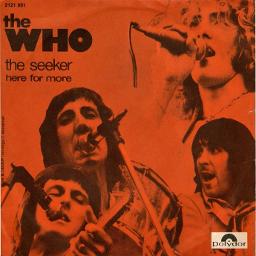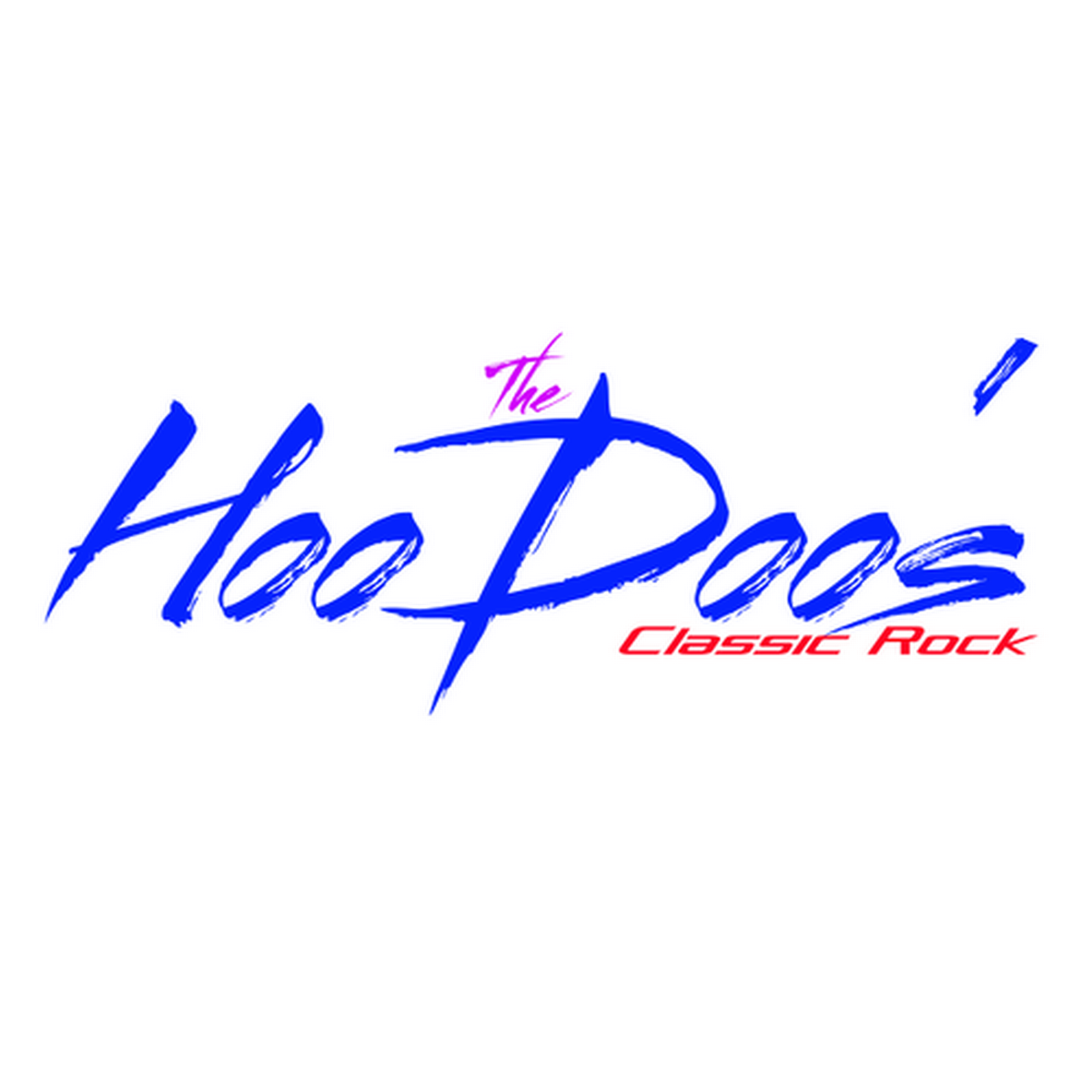
THE SEEKER THE WHO KARAOKE FULL
The authoritative record of NPR’s programming is the audio record.Detail email,public_profile 731812490255864 21.29198200 -157.82185600 Honolulu 103 14 2 21.27625320 -157.82452142 cityseeker_t_B 21.29198200 -157.82185600 Set Current Location See All Global Search Remove from Collection Add to Collection Saved Save Save Collection to Profile Saved Collection to Profile What type of location are you collecting? Approximate Duration Options Found View Full Hours Hide Full Hours No Data Found Please check your starting point or destination location Miles to Destination Please Enter Old Password Please Enter New Password Old and New Passwords Are the Same New Password and Confirm New Password Do Not Match Please allow access to email Geolocation is not supported by this browser Please provide valid email Collection Not Available Keyword Should Contain At Least 3 Characters Keyword Should Contain Only Alphanumeric Characters Keyword Already Added. This text may not be in its final form and may be updated or revised in the future. NPR transcripts are created on a rush deadline by Verb8tm, Inc., an NPR contractor, and produced using a proprietary transcription process developed with NPR. Visit our website terms of use and permissions pages at for further information. SHAPIRO: The question is whether we really need all those tweets and TikTok videos and spam emails to live on in perpetuity.Ĭopyright © 2021 NPR. KELLY: Mark Bathe of MIT was not involved in the study, but he says if scientists can solve problems of cost and efficiency.īATHE: Then, you know, the sky's the limit in terms of just storing everything that we ever wanted to and ever will need to. SHAPIRO: Their work appears in the journal Science Advances. And so we think that DNA storage will eventually be competitive with those technologies. STRAUSS: That is the kind of throughput that we see in archival storage devices today.

SHAPIRO: Her team has shown that it is theoretically possible to write DNA data at speeds of up to megabytes per second. And they convert a stream of bits - ones and zeroes - into the A's, T's, C's and G's of the genetic code.

KELLY: Karin Strauss of Microsoft Research explains that the DNA used in data storage is not extracted from living things. KARIN STRAUSS: As we learned in biology, we think of DNA as the double helix, right? And each side of the double helix is a sequence of what we call bases - the A, T, Cs and Gs. Scientists have pulled DNA that's more than a million years old from the molars of frozen Siberian mammoths. And unlike tapes or CDs rotting in your garage, DNA preserves very well under the right conditions. So he and others are looking at a comparatively archaic information storage technology, DNA.īATHE: All the data in the world could fit in your coffee cup that you're drinking in the morning if it were stored in DNA. He says someday we'll reach a bottleneck.

So they cost, you know, billions of dollars to build and maintain.

MARK BATHE: They're building these exabyte data centers that are extremely expensive. And internet giants like Google and Facebook are racing to keep up. By one recent estimate, the human race creates or copies 175 exabytes of data every day.


 0 kommentar(er)
0 kommentar(er)
